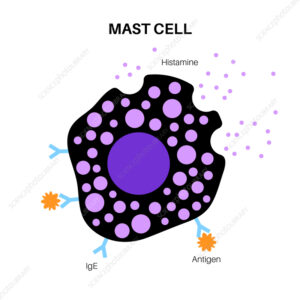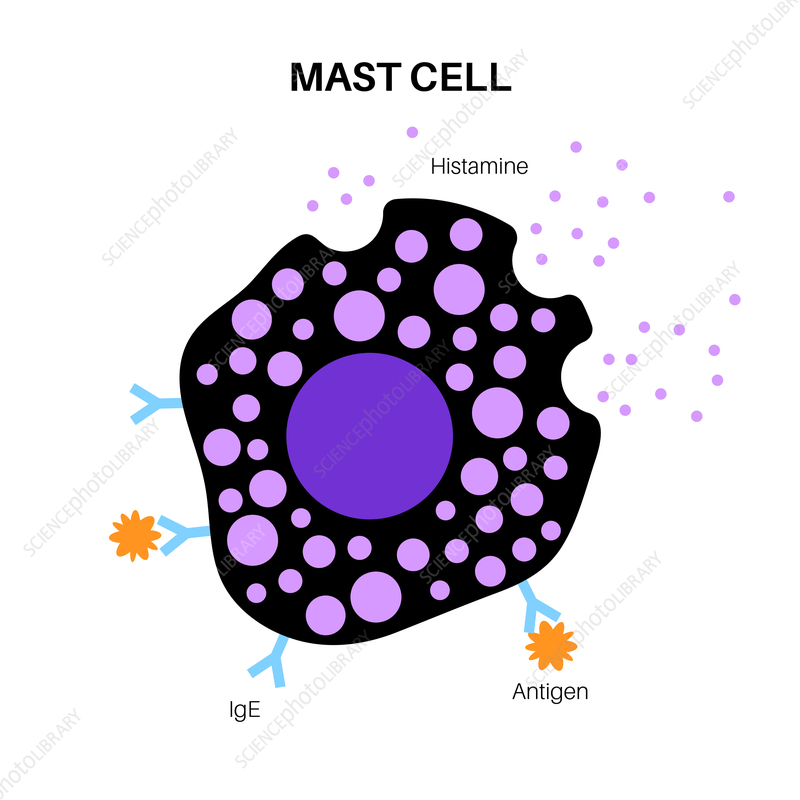Reflections on the 2024 Mast Cell Masterminds Conference
By Melanie Hoppers, M.D.
Last month, I had the opportunity to attend the 2024 Mast Cell Masterminds Conference in Oregon with my Bateman Horne Center colleagues, Dr. Brayden Yellman and Jennifer Bell, FNP-C. With mast cell activation syndrome (MCAS) being so prevalent in our ME/CFS and Long COVID populations, I found the conference to be packed with insightful presentations and meaningful discussions that left me inspired and ready to apply what I learned.
What stood out to me most was the collaborative spirit. The discussions challenged traditional ways of thinking, creating space for new ideas and possibilities. It was clear that everyone shared a common goal: pushing forward the understanding and treatment of MCAS and related conditions.
One of the sessions that really resonated with me was Dr. Andrew Maxwell’s talk: The Complex Path to Intracranial Hypertension and Cerebrospinal Fluid Leak in Those with Hypermobility and Dysautonomia: The Theory of Spiky-Leaky Syndrome. He explained how mechanical, inflammatory, or traumatic insults could trap certain patients in a cycle, alternating between intracranial hypertension and hypotension. This perspective, especially when viewed through the lens of hypermobility and possible cranial cervical instability, brought a fresh understanding of some of the serious complications we see in ME/CFS patients.
Dr. Larry Afrin’s talk, Diagnosis of Mast Cell Activation Syndrome and Treatment of Mast Cell Activation Syndrome was equally impactful. His methodical approach to the complexities of MCAS will be incredibly useful in refining how we diagnose and treat patients. Another standout was Dr. Sanjeev Jain, who presented Second Line Therapies for Severe MCAS. His fresh take on treatment approaches has sparked some new ideas for how we might consider caring for a person who doesn’t respond to more traditional methods at the Bateman Horne Center.
By the end of the conference, I felt a renewed sense of hope and optimism. The rapid advancements in understanding the structural, neurological, and immunological factors involved in chronic conditions like ME/CFS are encouraging. It’s exciting to see how many talented and dedicated professionals are working toward finding better answers and solutions for patients.
As I reflected on the week, I felt grateful to be part of this growing community. The commitment and passion displayed by everyone involved are truly remarkable, and I’m eager to bring these new insights back to our BHC practice. We’ll not only apply this knowledge to patient care but also use it to enhance the education we provide to the medical community.
This conference reaffirmed that we are on the right path, and I’m excited to continue contributing to this important work as the field evolves.
Bateman Horne Center is a 501(c)3 non-profit improving access to informed health care for individuals with ME/CFS, Long COVID, and fibromyalgia by translating our clinical expertise into medical education and research initiatives. Join our mission by donating here.

 Lucinda Bateman, MD, is a renowned clinician, researcher, and educator. Her Johns Hopkins University Medical School training instilled an approach to care that she has employed throughout her career - the patient comes first and the unknown or unexplained does not equate to a lack of proper and compassionate care. Since starting her own practice in 2000, she has served on six boards or committees, been the principal investigator for 45 studies, authored/coauthored 40 journal articles, served as adjunct instructor and adjunct assistant professor in the University of Utah Departments of Preventative Medicine, Internal Medicine, and Anesthesiology, and lectured around the world.
Lucinda Bateman, MD, is a renowned clinician, researcher, and educator. Her Johns Hopkins University Medical School training instilled an approach to care that she has employed throughout her career - the patient comes first and the unknown or unexplained does not equate to a lack of proper and compassionate care. Since starting her own practice in 2000, she has served on six boards or committees, been the principal investigator for 45 studies, authored/coauthored 40 journal articles, served as adjunct instructor and adjunct assistant professor in the University of Utah Departments of Preventative Medicine, Internal Medicine, and Anesthesiology, and lectured around the world.